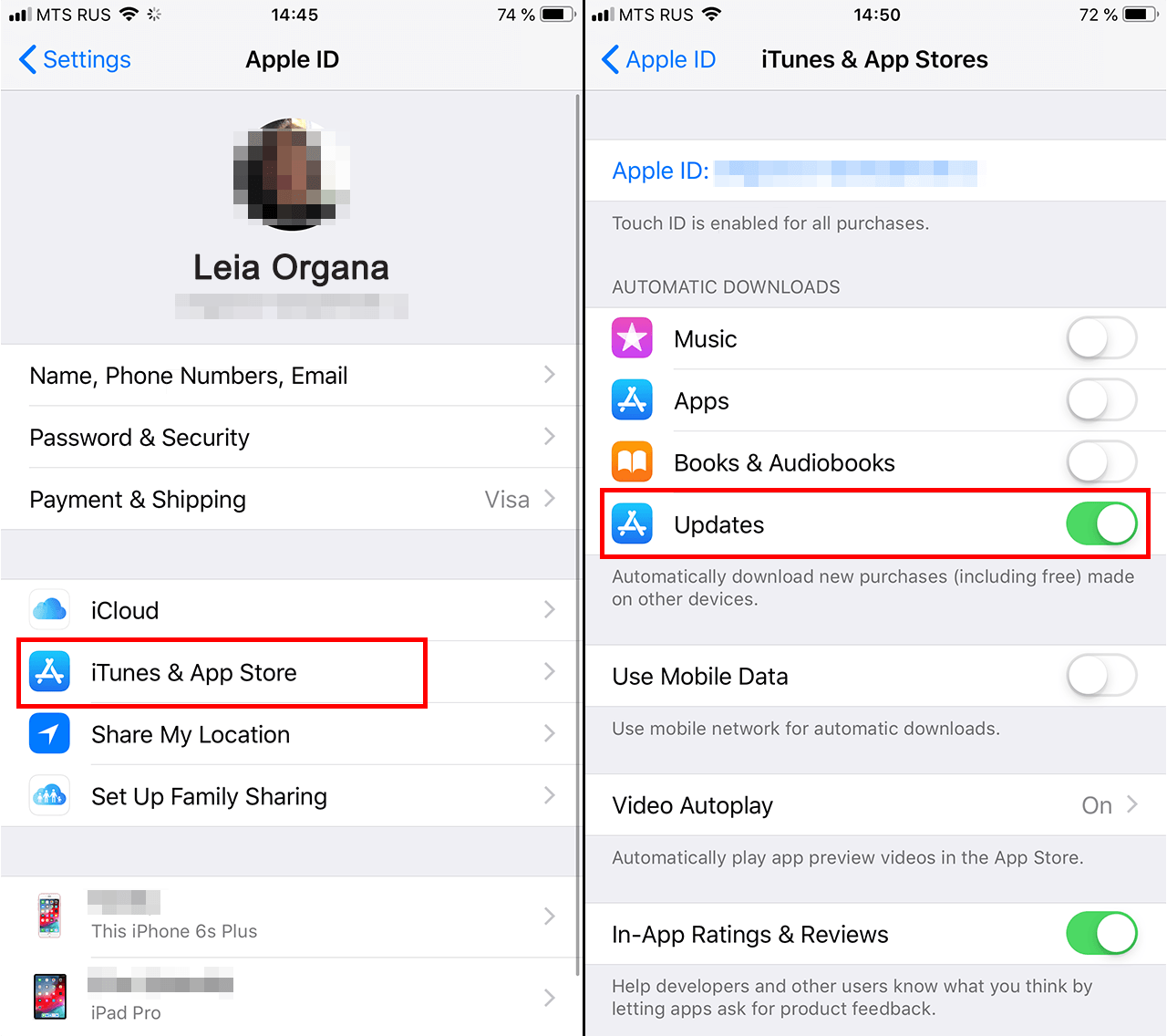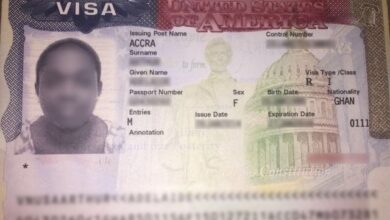Wiz Avenue
-
How To

How to Update Apps on Android or iPhone
Updating your apps is important because it gives you access to the latest features, bug fixes, and security improvements.…
Read More » -
How To

How to Take Better Selfies
Selfies have become a fun way to capture memories, share moments, and express yourself. But not every selfie turns…
Read More » -
How To

How to Use WhatsApp Like a Pro
WhatsApp is one of the most popular messaging apps in the world. While most people use it for chatting…
Read More » -
How To

How to Get Pregnant Fast
Many couples dream of starting a family, and while getting pregnant can happen quickly for some, it may…
Read More » -
How To

How to Make Money Online
The internet has made it possible for people to earn money from the comfort of their homes. Whether you’re…
Read More » -
How To

How to Get Pink Lips Naturally
Many people desire soft, pink lips as a sign of health and beauty. However, lips can darken due…
Read More » -
How To

How to Get Rid of Bed Bugs
Bed bugs are tiny insects that hide in mattresses, furniture, and cracks around your home. They feed on human…
Read More » -
How To

How to Obtain a Flat Tummy
Many people desire a flat tummy for health, fitness, or confidence reasons. While there are no instant results,…
Read More » -
How To

How to Get Rid of Pimples
Pimples are a common skin problem that can affect anyone, especially during teenage years or times of stress. While…
Read More » -
Travel News

Big Win for Ghana: U.S. Restores 5-Year Multiple-Entry Visas
Ghanaian travellers can once again apply for five-year multiple-entry visas to the United States. Foreign Minister Samuel Okudzeto Ablakwa announced…
Read More »
